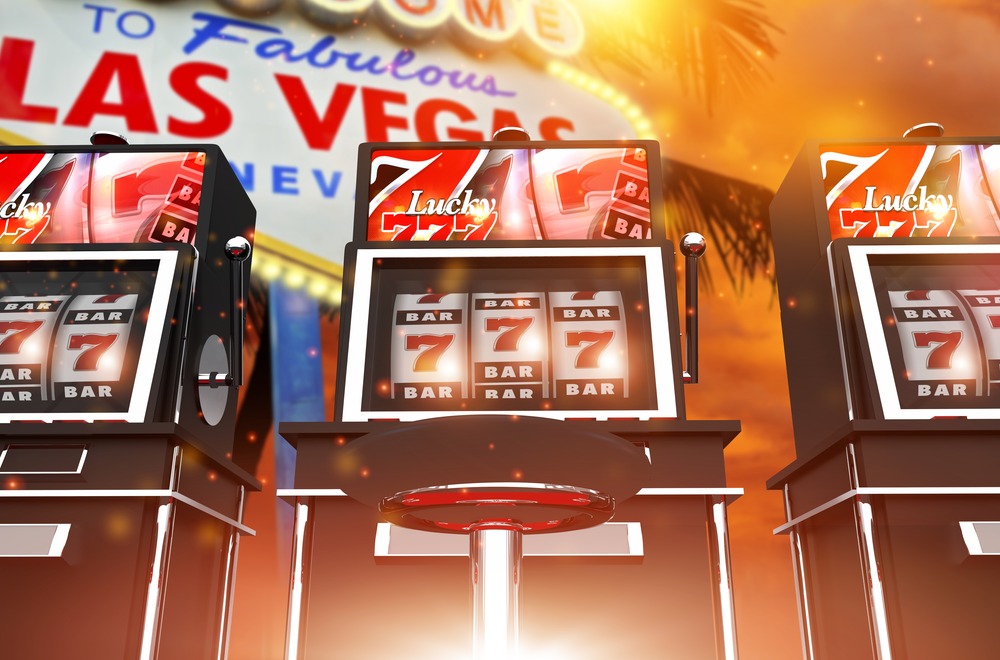Navigating the realm of casinos involves encountering terms like licensing and regulation, which play a crucial role in shaping the industry. Casino licensing refers to the process by which regulatory authorities grant permission to operate a casino, ensuring that the establishment meets certain standards of fairness, security, and responsible gaming practices.
Regulation, on the other hand, involves the oversight and enforcement of rules and laws that govern casino operations. Regulatory bodies monitor casinos to ensure compliance with regulations, such as age restrictions, payout percentages, and anti-money laundering measures. This oversight aims to protect players and maintain the integrity of the industry.
Casino licensing and regulation are essential for creating a safe and transparent gambling environment. They help prevent criminal activities, promote responsible gambling behavior, and uphold the credibility of the casino industry.
As a player, understanding the significance of these regulatory frameworks can enhance your confidence in the fairness and reliability of the casinos you engage with.
Importance of Casino Licensing
Understanding the significance of casino licensing is essential for both operators and players. For operators, holding a valid license ensures adherence to regulatory requirements, contributing to a reputable and reliable image within the industry. It indicates that the casino has undergone scrutiny and complies with specific standards of fairness and security, instilling confidence in players.
Licensing also safeguards players by guaranteeing ethical operation and responsible gaming practices, assuring the safety of their funds and the fairness of games. Furthermore, licensing provides a mechanism for addressing disputes and grievances, enhancing player protection.
Ultimately, casino licensing plays a crucial role in upholding the integrity and trustworthiness of the gambling sector.
Types of Casino Licenses
Acquiring a casino license involves navigating through different types that cater to specific purposes and criteria. The common categories of casino licenses are full-casino licenses, limited casino licenses, and online casino licenses. Full-casino licenses enable operators to offer a diverse range of gambling activities like table games, slots, and poker.
Limited casino licenses impose restrictions on the types of games or the quantity of machines permitted. Online casino licenses are exclusive to operators providing virtual gambling services. Each license type entails distinct regulations, fees, and compliance obligations.
It’s essential for operators to comprehend these variances and select the license that aligns with their business objectives and capabilities.
Regulatory Bodies and Authorities
In the realm of casino licensing and regulation, regulatory bodies and authorities play a crucial role in upholding compliance and integrity within the industry. These entities are tasked with overseeing casino operations to ensure strict adherence to government-established guidelines and regulations. Across various jurisdictions, regulatory bodies possess the authority to issue, revoke, or suspend licenses, as well as impose penalties for violations.
Prominent regulatory bodies in this field include the Nevada Gaming Control Board, the UK Gambling Commission, and the Malta Gaming Authority. Their primary objective is to uphold a fair and transparent gaming environment, safeguarding the interests of both players and operators in the gambling sector.
Compliance and Monitoring Procedures
To ensure regulatory compliance and operational integrity in casinos, stringent compliance and monitoring procedures are crucial. Casinos are mandated by licensing authorities to adhere to rigorous regulations aimed at preventing fraud, money laundering, and underage gambling. These measures include conducting thorough background checks on employees, regular financial audits, and monitoring gaming activities for any signs of irregularities.
Compliance officers play a pivotal role in overseeing the implementation of these procedures to ensure the casino’s adherence to legal requirements. By adopting a proactive stance on compliance and monitoring, casinos can uphold their credibility, safeguard players, and contribute to a transparent and equitable gaming industry.
Impact on Players and Industry
Having established the significance of compliance and monitoring procedures in ensuring the integrity of casino operations, it’s essential to assess the direct impact of these regulatory measures on both players and the broader industry.
For players, casino licensing and regulation offer a sense of assurance and confidence, as they can trust that the games are conducted fairly and their funds are safeguarded. This regulatory framework also promotes fairness by ensuring that all players have an equal chance to succeed.
From the industry perspective, licensing and regulation play a crucial role in maintaining a reputable image, attracting a larger customer base, and driving overall growth. Additionally, these measures stimulate innovation and competition among operators, which in turn leads to the improvement of services and offerings for players.
Ultimately, the enforcement of regulatory measures benefits both players and the industry as a whole by promoting a secure and transparent gaming environment.
Conclusion
Understanding casino licensing and regulation is essential for both players and operators in the gambling industry. It serves to establish a framework for fair and transparent gaming practices, safeguarding players’ funds and ensuring the integrity of the sector. Compliance with regulatory standards is paramount for casinos to maintain a trustworthy reputation and inspire confidence among players. Staying abreast of licensing requirements and regulations is key to fostering a secure and enjoyable gaming environment for all stakeholders involved.

